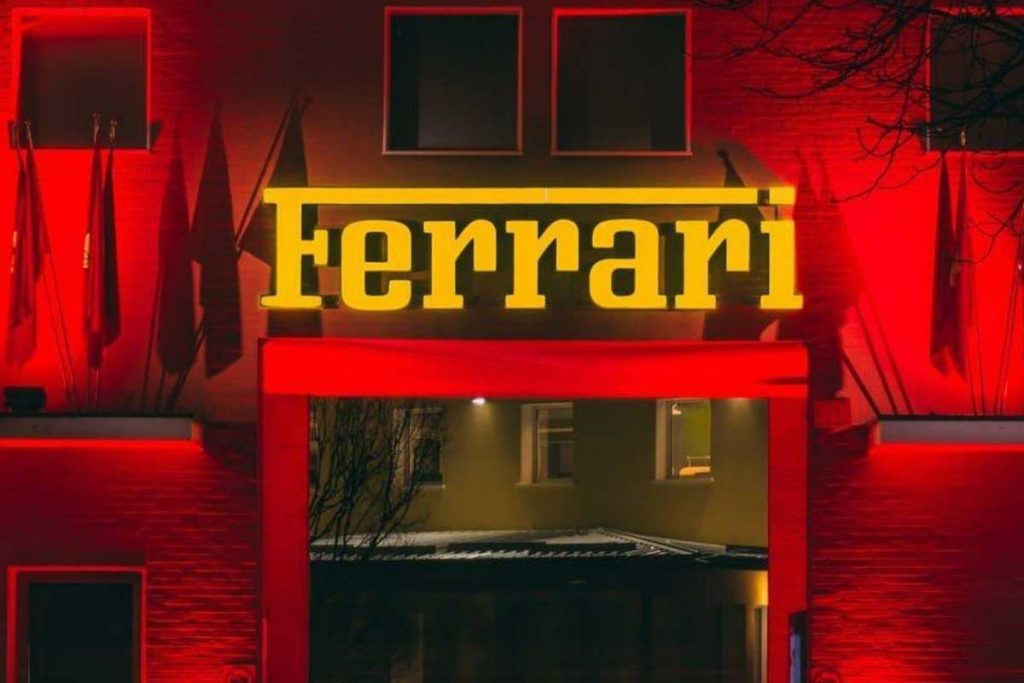
Ferrari has announced the long-awaited date for the presentation of its first-ever 100 % electric car. Mark your calendars: On October 9, 2025, during Capital Markets Day, the Prancing Horse brand will unveil its 100 % electric model. This will be a historic day for FerrariWith the announcement of a new era for the brand, and according to CEO Benedetto Vigna, "on that day, there will be a lot of electrons in the streets of Maranello".
The first electric Ferrari 100 % is just one of the new features. In 2025, the brand plans to launch several modelsThese include the electric model, a special version of the 296 and updates to the Roma and SF90 models. Ferrari is not abandoning its thermal and hybrid DNA, but adding it to its offering. As Vigna makes clear, "we're not talking about an electric transition, but about additions".
This shift to electric power comes as no surprise. Since 2021, Ferrari had been announcing its intention to launch an all-electric model by 2025, an ambitious project in line with its 2022-2026 strategic plan. The plan calls for 40 % thermal cars, 60 % hybrids and electric cars by 2026. But the surprise could come from Ferrari's ambition to reach 40 % electric cars by 2030.
Yet this evolution is not without its challenges. Designing an electric model to match its legendary performance and brand image is a bold gamble. Ferrari is betting on a model that won't compromise on driving sensations, an iconic feature of its combustion models. To achieve this, design and engineering must push back the boundaries of innovation. Production of the motors and batteries will take place in the brand-new Ferrari E-Building in Maranello, a 42,500 m² space dedicated to electric technologies. At the same time, Ferrari has also invested in innovative sound solutions to compensate for the absence of the characteristic engine roar.
But this transition to electric, even for Ferrari, remains fraught with uncertainty. The luxury electric car market is still in its infancy, and many brands, such as Maserati, have struggled to establish themselves in this sector. The question remains: will consumers, who are very attached to the Ferrari heritage, be ready to adopt a car without the iconic roar of the combustion engine? If Ferrari succeeds, it could become a model to follow in the high-end electric segment. Should it fail, it would be a difficult turning point in the brand's history.
